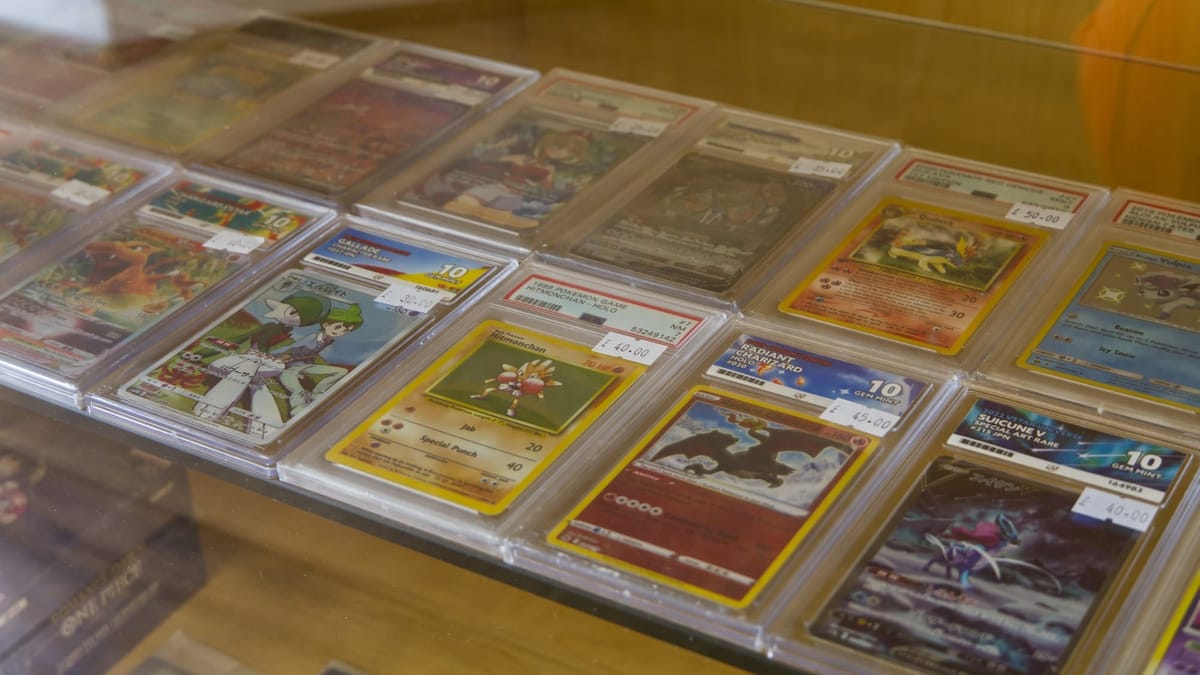Economics have subsumed the joy of trading card games into cold, hard value
There are no winners after money takes precedence.

TikTok is a timesink, but that doesn’t mean I won’t waste 30 minutes of sleep every night endlessly scrolling through its algorithmic videos. Recently, a slew of TCG content creators were recommended to me, but something about the discussions taking place felt… off. Everywhere I looked, Pokémon, Yu-Gi-Oh!, One Piece, and even baseball cards from a few US content creators were flying across my feed. Of the dozens of accounts I stumbled upon during a multi-day frenzy, none were interested in discussing the actual joys of playing these games with friends. None dissected their respective metagames or competitive scenes, and none were elevating the communities who built these games to where they are today by involving themselves in local game stores or giving tips to other players.
Only one topic came up in the content of all of these accounts, and that was money. Ka-ching. Ka-ching. Ka-ching. The obligatory exaggerated scream at a holographic card. Line goes up stock graphs. Ka-ching. Professional Sports Authenticator. Grading. Ka-ching.
One creator, goatedpulls, would go to vendors and buy cards for tens of thousands of dollars but had a gimmick of deciding final trade prices with coin flips. Another, The Collectors Paradise, bragged about their “addiction” to cracking graded Pokémon cards in order to resubmit them for higher grades and increase their value. Then, you have the endless sealed pack openings that have always defined a strong portion of online creators, but are now associated with the ka-ching of card values on every pull as the ultimate significance and purpose of the act of opening these cards at all. Money talks.




